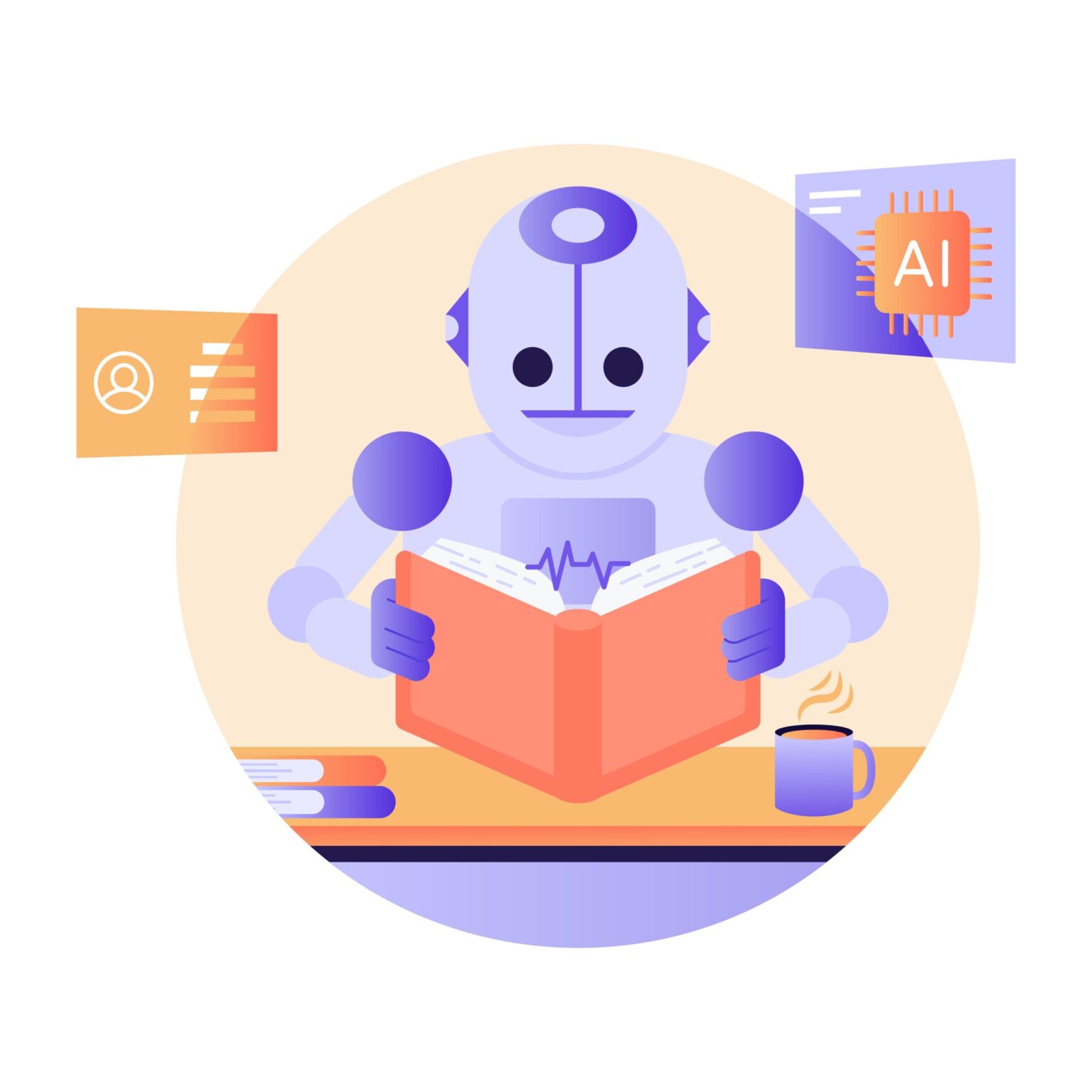Artificial intelligence (AI) has the potential to transform education by providing personalized learning experiences, automating administrative tasks, and enabling new forms of assessment. However, the integration of AI in education must be done with a clear understanding of the challenges and opportunities it presents.
Here are some of the ways in which AI can transform education and ensure equity:
- Personalized Learning: AI can enable personalized learning experiences by analyzing student data and providing adaptive learning paths based on their individual strengths and weaknesses. This can help students learn at their own pace and improve their learning outcomes.
- Automating Administrative Tasks: AI can automate administrative tasks such as grading, scheduling, and record-keeping, freeing up teachers and administrators to focus on more important tasks such as student engagement and curriculum development.
- New Forms of Assessment: AI can enable new forms of assessment, such as automated essay grading and computer-based testing, that can provide more accurate and objective assessments of student learning.
- Enhancing Access to Education: AI can enable access to education for students who are underserved or disadvantaged, such as those in remote areas or with disabilities. AI can provide personalized learning experiences that can help bridge the achievement gap and ensure equity in education.
However, the integration of AI in education also presents several challenges that must be addressed:
- Data Privacy and Security: The use of AI in education requires the collection and analysis of student data, which must be done with the utmost care to ensure data privacy and security.
- Bias and Discrimination: AI algorithms can be biased and discriminatory, leading to unequal outcomes for students. It is essential to ensure that AI is developed and deployed in an ethical and responsible manner to avoid perpetuating existing biases and discrimination.
- Teacher Training and Support: Teachers must be trained and supported to effectively integrate AI in their teaching practices. Teachers must also be involved in the development and deployment of AI in education to ensure that it aligns with their teaching goals and values.
- Cost and Implementation: The integration of AI in education can be costly and complex, requiring significant investment in infrastructure, training, and support. It is essential to ensure that the benefits of AI in education outweigh the costs and that the implementation of AI is done in a sustainable and responsible manner.
In conclusion, the integration of AI in education has the potential to transform learning and ensure equity in education. However, it is essential to address the challenges and opportunities presented by AI in a thoughtful and responsible manner to ensure that its benefits are fully realized.



